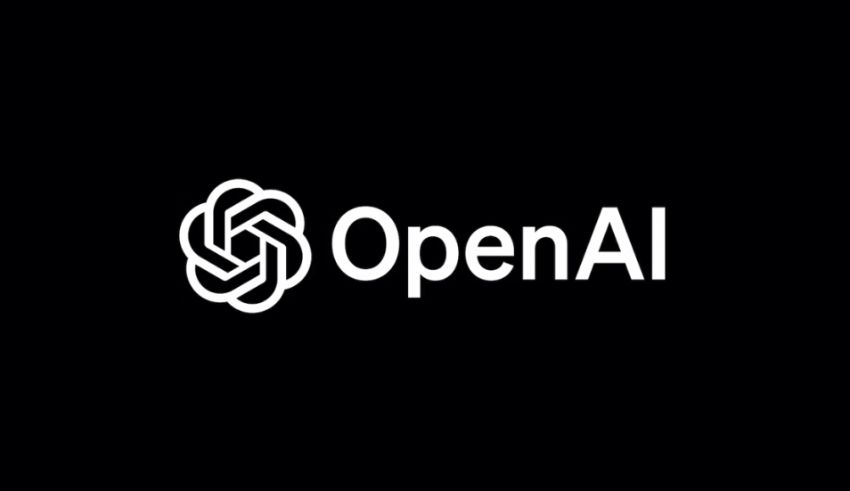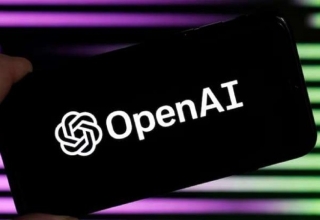
The creative energy behind the well-known ChatGPT, OpenAI, has raised questions over the likely outcomes of their AI’s progressively human-like interactions. Recent studies highlight a growing concern as the business keeps improving its GPT-4o voice capabilities: consumers creating too strong emotional attachments with the artificial intelligence could have possible negative effects.
Risks and Emotional Attachment
OpenAI studies show that some artificial intelligence users view it as a friend or confidant rather than only a tool. Although at first seeming benign, this event runs the danger of consumers leaning too much on the artificial intelligence and trusting falsely. Such emotional links could cause people to depend less on personal contact, therefore changing the way people build relationships and look for companionship.
The results of the company reveal that one should be mindful of the limitations of artificial intelligence and the risks of getting too emotionally connected even if it can provide knowledge and help. Though it can replicate empathy and conversation, OpenAI has underlined that artificial intelligence lacks the real understanding and emotional depth human experience offers.
Psychological Effect of Artificial Intelligence
The research underlines the need of recognizing for consumers the psychological consequences of artificial intelligence interactions. By providing the artificial intelligence human characteristics as its human-like traits might reflect the tone and flow of normal discourse, users of the GPT-4o could unintentionally blur the borders between machine and human. Those who use this anthropomorphism may develop unjustified faith in the artificial intelligence, therefore fostering a dependency that can compromise mental and emotional health.
OpenAI recognizes the need of maintaining a clear line separating artificial intelligence from human interactions even if its attractiveness stems from its capacity to effectively interact with consumers. The company is committed to addressing the opportunities for misuse or unanticipated repercussions since it is fairly aware of the ethical implications of these advancements.
The dedication of OpenAI to responsible development
OpenAI is tackling these issues by operating pro-actively to reduce the hazards connected with human-like contacts of its artificial intelligence. The corporation is considering strategies to ensure that artificial intelligence stays a tool for support rather than a substitute for real human involvement. This implements protections to stop the artificial intelligence from encouraging bad emotional addictions as well as teaches consumers on suitable use of technology.
Apart from simple technical improvement, OpenAI’s dedication to ethical AI development emphasizes the psychological and social effects of its products. To ensure that the technology develops rather than compromises human relationships, the company is actively investigating and using ideas to help consumers participate in acceptable and balanced contacts with artificial intelligence.
The Guide of Human Interaction with Artificial Intelligence
Deeper, more significant interactions between people and machines will most certainly become more possible as artificial intelligence technologies develop. The worries of OpenAI highlight the need of steering these advances with an eye toward ethical issues and user well-being. OpenAI aims to bring responsible artificial intelligence use front stage so enhancing human life without substituting the fundamental components of personal connection.
Starting is the conversation about the human-like attractiveness of artificial intelligence and possible influence on society. The balance between inventiveness and ethical responsibility will be crucial as OpenAI and other tech companies negotiate this new territory to make sure artificial intelligence remains a useful tool for people.























